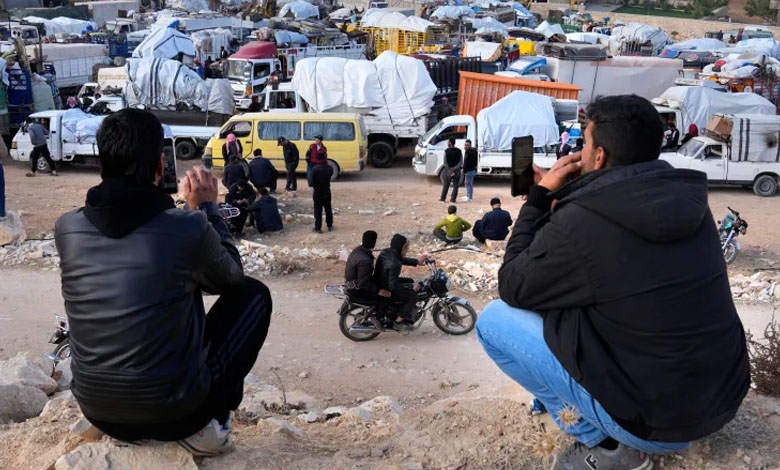Forced displacement and abuse – Syrians face their biggest nightmares in Lebanon

Very few countries have proven hospitable to Syrian refugees in recent years, most notably some European and Gulf states and Egypt, but Lebanon makes no exception to this dynamic, as evidenced by the Lebanese government’s numerous attempts to forcibly and illegally return 800,000 to 2 million registered and unregistered Syrian refugees within Lebanon’s borders.
Abuse against refugees
According to the British website Globe and Echo, the latest iteration of this dynamic emerged last month, when the LAF arbitrarily arrested hundreds of Syrians across Lebanon and handed them over to Syrian security services on the border.
“Meanwhile, reports surfaced in mid-April of renewed Beirut efforts to identify Syrian refugees, detain them and then deport them, he said.” An unnamed LAF official confirmed to local media that nearly 50 Syrians were deported in the first half of April, led by military intelligence.”
According to the official, the operation prioritized finding undocumented Syrians living in Lebanon through the Higher Defense Council’s 2019 administrative action, which allows for the immediate deportation of anyone who enters the country “illegally” after April 24, 2019.
That number eventually rose, with many reports of more than 400 Syrian detainees during nearly sixty raids in April.
Other reports highlight 1,100 arrests and 600 deportations through 73 raids as of 4 May, focusing on individuals with invalid residency permits, presumably on orders from the interim Minister of Social Affairs, Hector Hajjar, where deportations are not carried out by Lebanon’s Public Security Bureau, an irregular move given its handling of such cases.
Hezbollah’s Irony
A member of the Free Patriotic Movement allied with the Hezbollah militia publicly mocked the presence of Syrian refugees, warning of a “big explosion” if tensions between Lebanese and Syrians in his country did not ease. He also claimed that Syrian refugees make up 40% of Lebanon’s population, on the grounds that “no country in the world” would accept such conditions.
“In parallel, Lebanon’s Interior Minister, Bassam Mawlawi, ordered his ministry to survey and register the Syrian population in May, and asked municipalities to ensure that the names of Syrians were documented before they were allowed to buy or rent property.”
According to the British website, this coincides with a series of curfews for Syrians in several municipalities, as well as checkpoints and roadblocks to identify illegal migrants.
These evolving dynamics of the refugee file point to a new level of engagement on the part of the Lebanese government.












